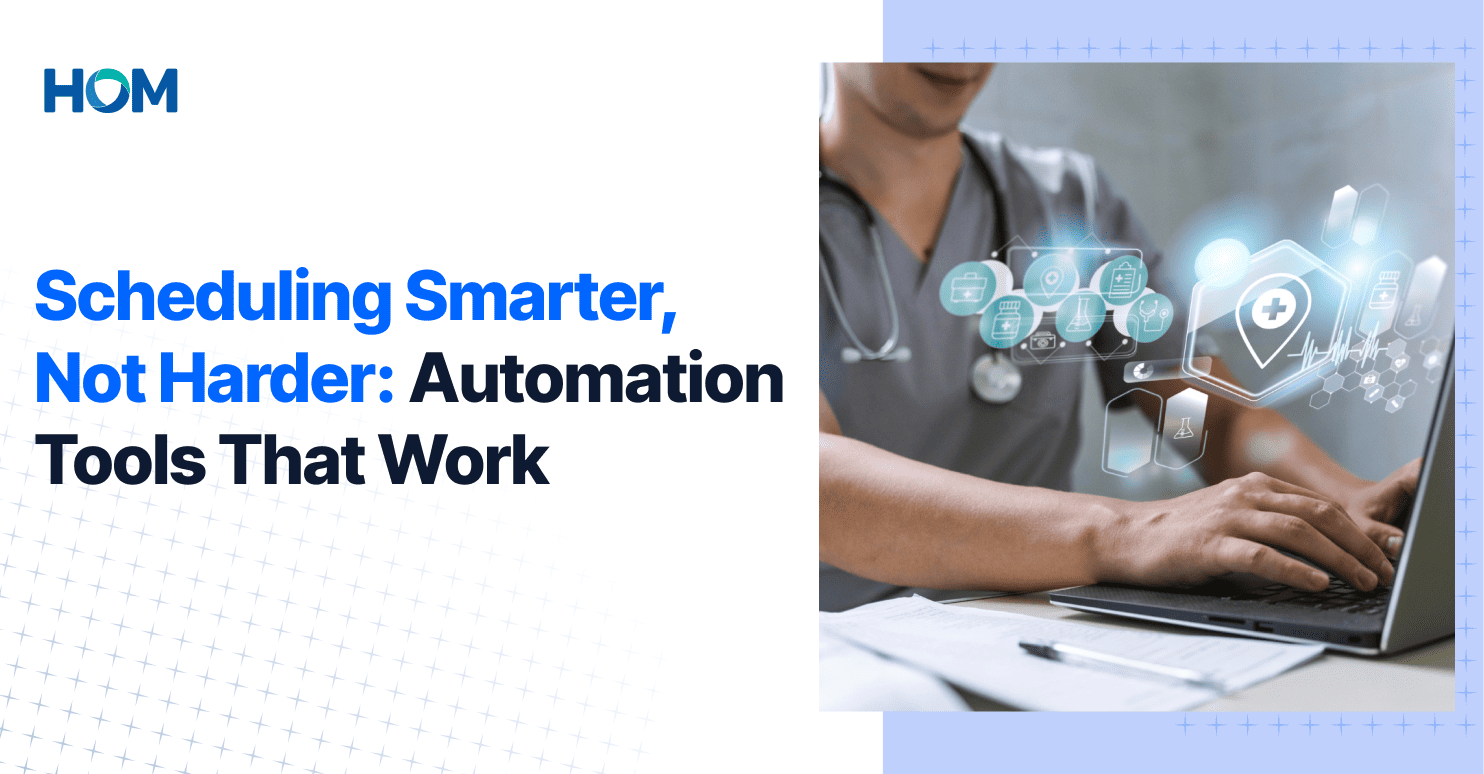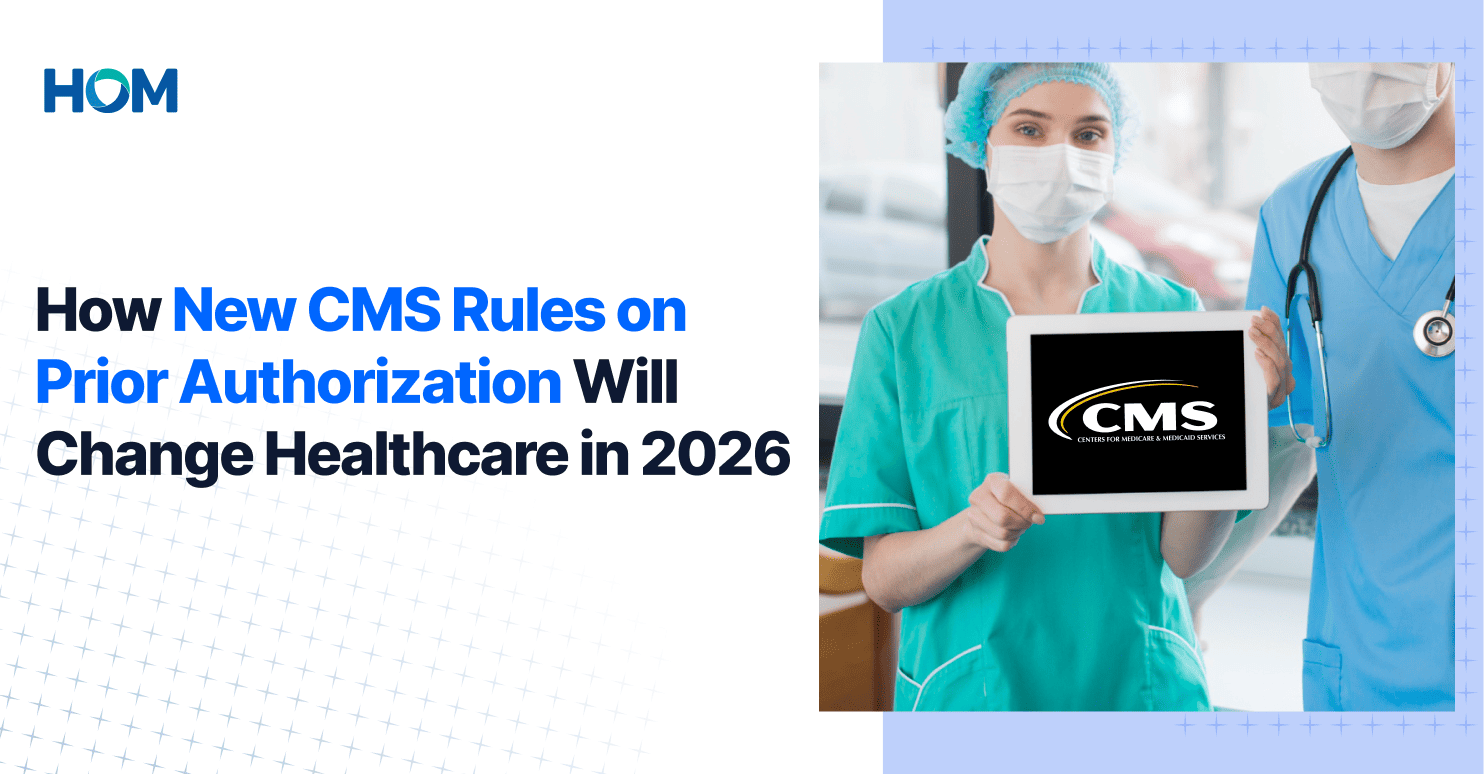
Healthcare providers often treat appointment scheduling as an administrative function, overlooking its critical connection to revenue cycle performance. This disconnect creates significant opportunities for organizations to enhance both patient experience and financial outcomes through strategic automation.
When scheduling processes operate independently from eligibility verification, demographic validation, and billing operations, errors cascade throughout the revenue cycle. A single demographic mistake during appointment booking can trigger claim denials, require staff rework, create patient billing confusion, and delay cash flow for weeks.
The most successful healthcare organizations recognize that scheduling accuracy directly impacts clean claim submission rates, denial management efficiency, and overall revenue cycle performance.
Understanding the Revenue Cycle Impact of Scheduling Errors
Healthcare leaders must examine how scheduling inefficiencies affect their entire revenue cycle, not just appointment management metrics.
Demographic errors represent one of the most preventable causes of claim denials. When patient information is incorrectly captured during scheduling, the resulting insurance verification failures and billing complications consume substantial staff resources and delay reimbursements.
Healthcare organizations that track only appointment volume and no-show rates miss critical financial implications. Leading revenue cycle management providers, including HOM, demonstrate that practices achieving 95% accuracy in demographic data capture can reduce demographic-related rejections and denials by up to 60%.
Strategic Automation Beyond Basic Digitization
Effective scheduling automation requires comprehensive integration with revenue cycle operations rather than simple digitization of existing manual processes.
The most impactful automation initiatives create intelligent workflows that prevent downstream complications while improving operational efficiency.
Real-Time Eligibility and Benefits Verification
Advanced scheduling systems integrate with payer databases to verify insurance coverage and benefits during appointment booking. This proactive approach enables providers to address coverage limitations and patient financial responsibilities before service delivery, reducing claim denials and improving patient satisfaction.
Intelligent Demographic Data Management
Sophisticated platforms utilize multiple validation sources, including address standardization services, insurance database cross-referencing, and duplicate patient record detection. These systems auto-populate patient information from previous encounters while flagging potential discrepancies for staff review.
Predictive Scheduling Optimization
Analytics-driven systems optimize appointment scheduling based on historical patterns, provider preferences, and patient behavior data. These platforms can predict optimal appointment durations, identify high no-show probability patients, and automatically manage waitlists to maximize provider utilization.
Technology Solutions for Measurable Improvement
The most effective scheduling automation occurs within comprehensive platforms that address multiple revenue cycle touchpoints simultaneously.
Integrated Revenue Cycle Management Platforms
Comprehensive solutions seamlessly connect appointment management with eligibility verification, clinical documentation, and billing operations. These integrated platforms eliminate data silos that typically create scheduling and revenue cycle complications.
API-Based Insurance Verification Services
Real-time eligibility verification tools integrate with major payer networks to provide instant coverage and benefits information during scheduling. This immediate validation prevents insurance-related claim denials while enabling transparent patient financial conversations.
Automated Patient Communication Systems
Intelligent communication platforms manage appointment reminders, rescheduling requests, and patient preparation instructions while adapting messaging based on appointment types and patient preferences. Advanced systems handle routine scheduling changes without staff intervention.
Proven Implementation Framework
Successful scheduling automation requires methodical implementation that builds operational foundations before introducing advanced capabilities.
Leading revenue cycle management providers utilize structured approaches to ensure sustainable automation success.
HOM's proven methodology includes four distinct phases:
- Discover (assessing current financial flow and identifying improvement opportunities)
- Plan (creating tailored strategies with clear goals and measurement criteria)
- Transition (ensuring seamless implementation through collaboration and protocol adherence)
- Enhance (monitoring progress and driving ongoing improvements)
This systematic approach addresses immediate scheduling inefficiencies while establishing foundations for long-term revenue cycle optimization. Organizations benefit from a comprehensive assessment of current processes, strategic technology selection, workflow redesign, staff training, and integration planning.
Measuring Automation Success
Healthcare organizations achieving meaningful returns on scheduling automation investments focus on metrics connecting operational efficiency with financial performance.
Essential performance indicators include:
- First-pass claim acceptance rates
- Demographic error reduction
- Days in accounts receivable improvement
- Staff productivity gains
- Patient experience enhancements related to scheduling and financial transparency
Revenue cycle management experts emphasize the importance of tracking both immediate operational improvements and downstream financial impact. Organizations implementing comprehensive scheduling automation typically achieve substantial reductions in manual rework, faster claim processing, and improved cash flow velocity.
Comprehensive Revenue Cycle Integration
Scheduling automation delivers maximum value when integrated with comprehensive revenue cycle management rather than implemented as isolated functionality.
Organizations achieving the best results treat scheduling as one component of an integrated revenue cycle strategy that includes pre-service functions like credentialing, eligibility verification, and clinical documentation improvement, during-service capabilities like medical coding and utilization management, and post-service operations including billing, payment posting, and denial management.
HOM's approach demonstrates how scheduling and demographic entry services integrate with broader revenue cycle operations. Our solutions help practices achieve accurate data capturing and validation with 24-48 hour turnaround times while reducing demographic-related rejections and denials by up to 60%.
Partnership Approach to Sustainable Success
Achieving long-term scheduling automation success requires expertise in healthcare revenue cycle operations, regulatory compliance requirements, and the complex relationships between scheduling accuracy and financial performance.
The most successful implementations involve partnerships with experienced revenue cycle management providers who understand healthcare operations' unique challenges and opportunities.
These partnerships focus on building sustainable improvements rather than quick technology fixes.
Leading providers like HOM emphasize building lasting relationships that address immediate operational challenges while establishing foundations for ongoing optimization. Our people-first approach recognizes that sustainable automation success requires both technology implementation and organizational change management.
Final Note
Healthcare organizations ready to optimize our scheduling operations benefit from a comprehensive assessment of current processes and strategic planning for automation implementation.
The most effective path forward involves partnering with experienced revenue cycle management providers who can assess current performance, identify specific improvement opportunities, and develop customized implementation strategies.
Organizations interested in eliminating scheduling-related revenue leakage should consider comprehensive operational assessments that provide detailed insights into current metrics, improvement opportunities, and strategic recommendations for sustainable optimization.
For close to 8 years, HOM has worked closely with healthcare providers, health systems, hospitals, and payers to bring personalized value to our operations while enhancing the overall patient experience. As a trusted and preferred revenue cycle management and intelligence partner, HOM provides tailored solutions that ensure timely and accurate reimbursements, help reduce costs and revenue leakages, and improve quality as well as patient care and satisfaction.
Ready to transform your scheduling operations into revenue-generating assets? Contact HOM for a comprehensive assessment and discover how our expertise can optimize your revenue cycle performance.
Bring a change to your Healthcare Operations
A partnership with HOM gives you an inherent:
Connect with our experts for a quick analysis and possibilities.
















